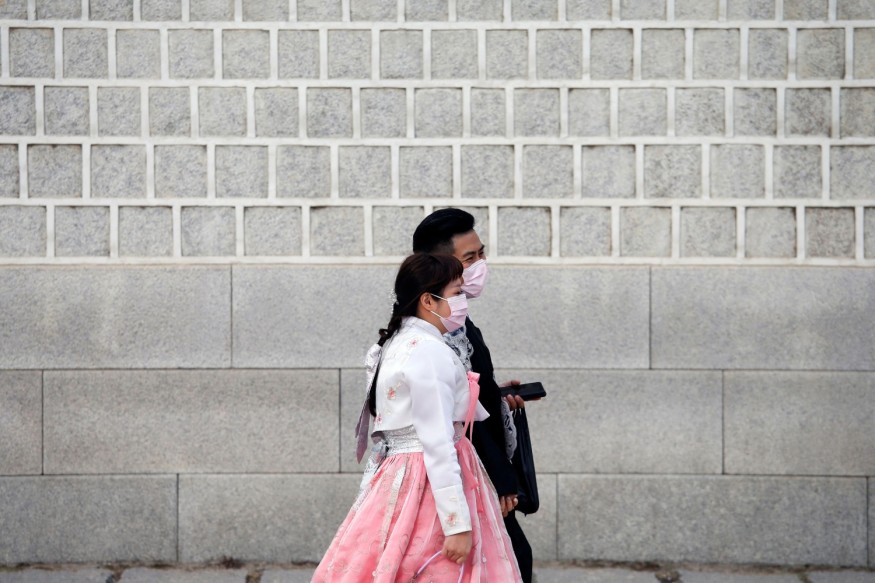
Asian nations have been ramping up defenses towards a lethal viral epidemic Tuesday, January 28, sealing borders, shuttering public places, and clamping down on-site visitors from China.
Concern over the steadily increasing contagion, which has killed hundreds in China and sickened thousands of others, is prompting an increasing number of an urgent push for protection.
Hong Kong, which has eight reported instances of the SARS-like sickness, barred six of its 14 border crossings to the mainland from Thursday, January 29 - as they declared the coronavirus (2019-nCoV) an "outbreak emergency."
The semi-autonomous Chinese city of seven million people faced complaints about merely barring people from Wuhan - the outbreak's ground-zero.
Hong Kong lawmaker Helena Wong said the epidemic has unfolded to many Chinese provinces. "Only blocking visitors from Hubei can not do much to assist Hong Kong," Wong said.
Singapore, with seven confirmed cases of the virus, has introduced it will ban visitors who have traveled to Hubei and people with passports issued in that Chinese province.
Singaporean official Lawrence Wong stated the tour regulations were now not taken lightly and might expand if necessary.
Officials said efforts are also underway to tone down approximately 2,000 people in Singapore who already traveled from Hubei for possible quarantine.
Mongolia has taken a far greater drastic line, blocking its entire border with China to people and automobiles in addition to ordering schools to close. The country has no reported cases.
The boundaries between Russia's Far-Eastern district and China that was re-opened after Chinese New Year would remain closed for weeks.
Controlling the disease has become an effort to accommodate tourists. Both Malaysia and the Philippines have taken steps to squelch the flow of Chinese site visitors.
Manila has been issuing visas on arrival since 2017 to Chinese nationals, adding fuel to the increase in mainland site visitors to the Philippines.
The policy, however, has already been suspended. But Chinese nationals are still allowed to apply for a visa at a consulate or embassy in their domicile nation.
Jaime Morente, an immigration commissioner in the Philippines, said the authorities are already taking proactive measures to slow down the journey and help prevent the entry of the virus in the country.
Every passenger flying in Thailand from the Chinese airports are undergoing screening as the number of confirmed infections hit 14 on Tuesday.
ALSO READ: Scientists Eager to Discover How Chinese Coronavirus Victimized People Easily
'Avoid unnecessary travel to China'
The outbreak sends shock waves through Asia's tourism industry, which has emerged as it increasingly became more reliant on growing numbers of Chinese visitors.
According to a document by research company Capital Economics, the measures come amid a boom in Chinese foreign travel with the range of tourists from the country of an increasing almost tenfold since 2003.
China has already imposed travel restrictions throughout the country and halted international tours. Authorities have additionally cracked down on public places where the disease may unfold.
Public places in Hong Kong - including parks, museums, and sports centers - would all be closed starting Wednesday, Jan. 29.
Authorities say the regulations have one primary purpose: "keep away from human beings gathering."
© 2025 NatureWorldNews.com All rights reserved. Do not reproduce without permission.





